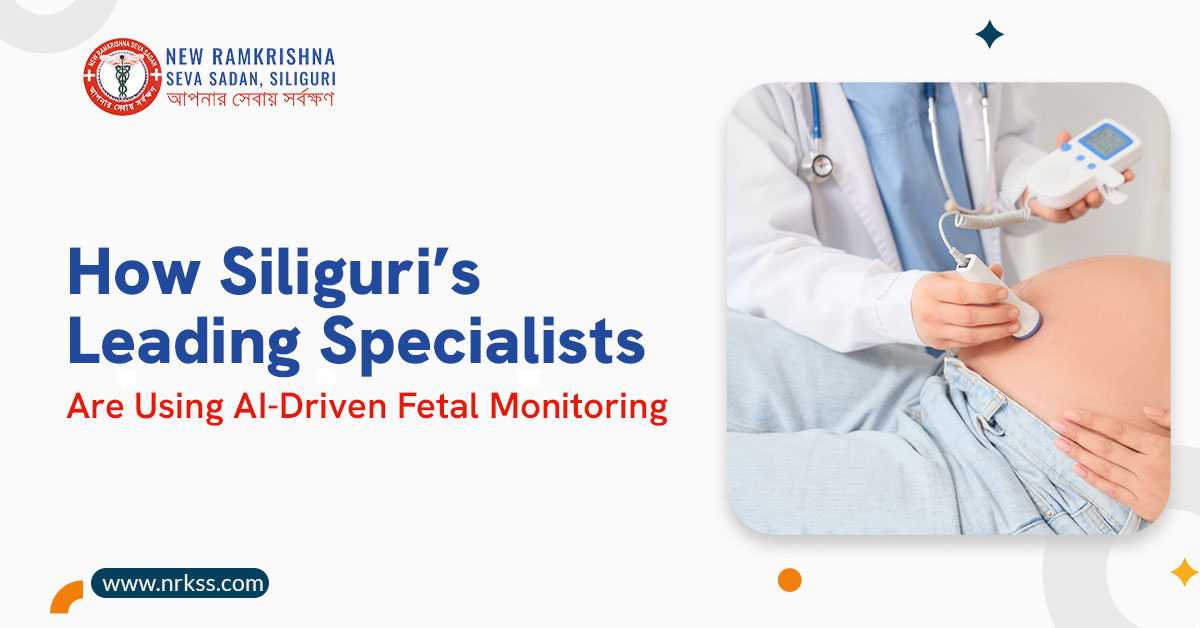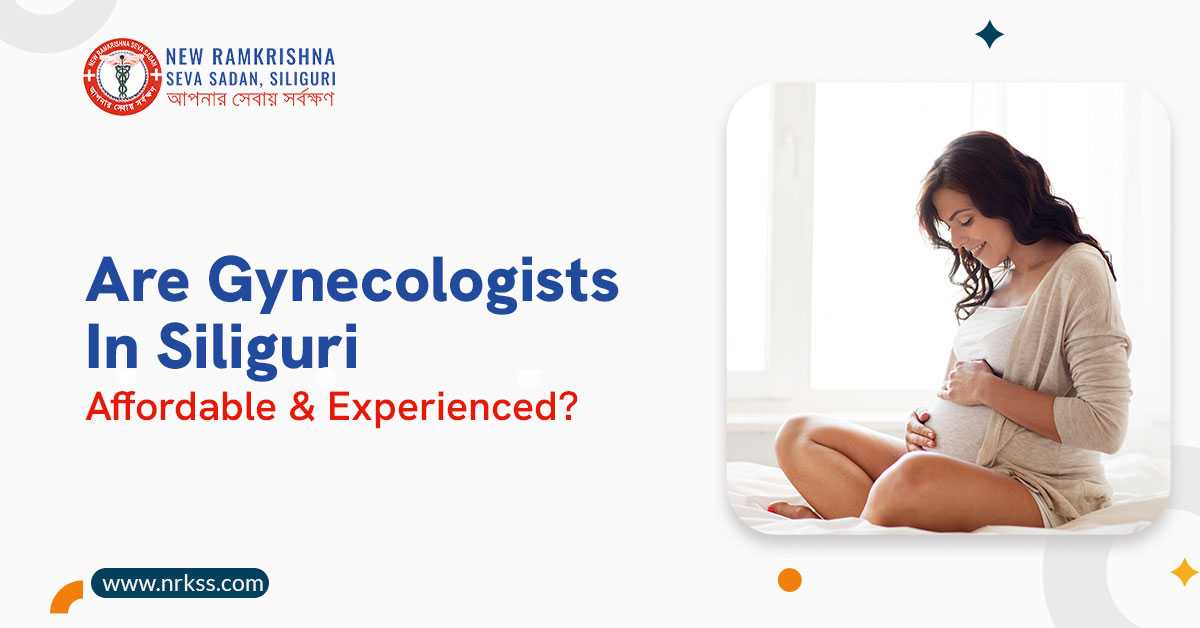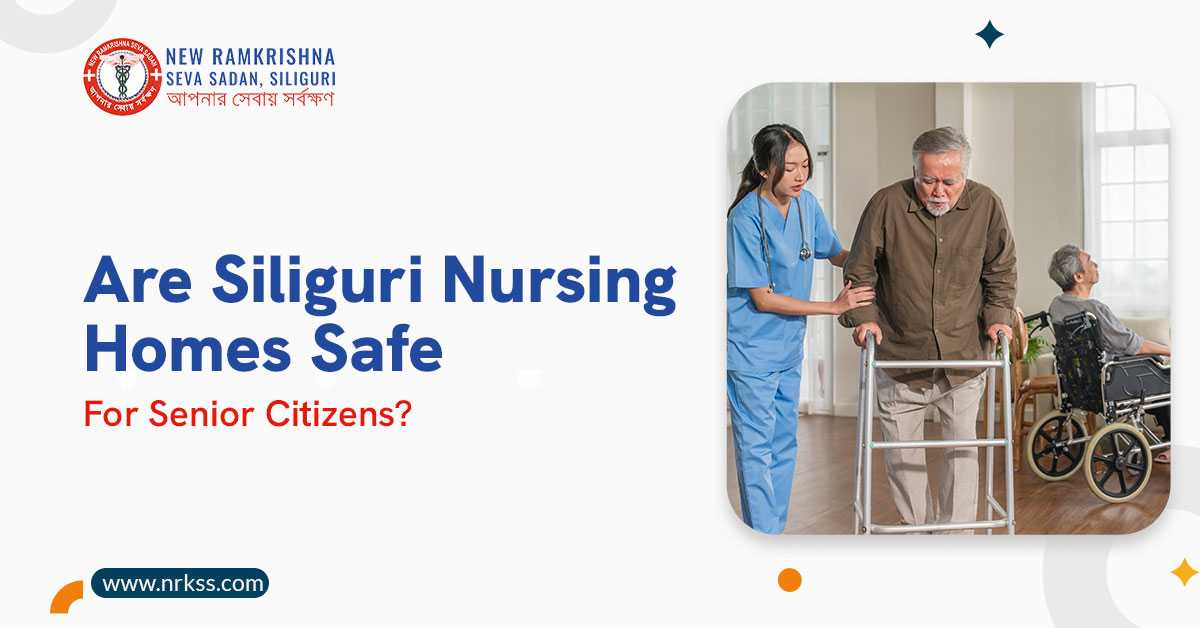Preeclampsia is a life-threatening health condition, which mostly happens after the 20th week of the pregnancy. The conditions that a woman with preeclampsia may develop include blurred vision, high blood pressure, swelling, and secretion of protein in the urine. In most cases, this condition resolves after the delivery of the baby.
Even after recovering from preeclampsia, the woman may develop certain distressing complications that can interfere with the overall quality of life. If you experience any symptoms of preeclampsia during pregnancy such as abdominal pain, shortness of breath, and headaches then you must contact the best obstetrician in Siliguri for effective diagnosis.
Here are some of the potential complications that can be experienced by women with preeclampsia.
(Source: https://www.mayoclinic.org/diseases-conditions/preeclampsia/symptoms-causes/syc-20355745)
1. Placental Abruption
The risks of developing placental abruption are higher among women with preeclampsia. This is a serious pregnancy complication that can lead to the separation of the placenta from the uterus even before delivery. The oxygen supply to the baby can stop due to this issue which causes stillbirth, restricted growth, and preterm birth.
2. Cardiovascular Issues
You may also develop serious issues with your blood vessels and heart in the future if you suffer from preeclampsia during pregnancy. The spike in blood pressure caused by preeclampsia can be considered the key reason behind cardiovascular damage. Visiting the best gynecology hospital in Siliguri and properly controlling preeclampsia will help in preventing the damage.
3. HELLP Syndrome
HELLP or hemolysis elevated liver enzymes and low platelet count is a life-threatening syndrome caused due to preeclampsia. Without proper treatment, preeclampsia can reach a severe form that can lead to multiple organ damage. Some of the symptoms of this syndrome include upper belly pain, nausea, and severe headache.
4. Fetal Grow Restriction
The risks of fetal growth restriction or intrauterine growth restriction (IUGR) increase due to preeclampsia since this health condition impacts the arteries that carry blood to the placenta. Due to this deficiency, the fetus does not get the required nutrients, blood, and oxygen, which further contributes to slow growth.
5. Eclampsia
Eclampsia is another complication associated with the signs of preeclampsia, which causes sudden comas and seizures. A woman can experience the symptoms of Eclampsia even if she doesn’t suffer from preeclampsia. Some of the common signs of this complication are mental confusion, headaches, and vision problems.
6. Preterm Birth
Due to complications such as restricted growth and placental disruption, the chances of preterm delivery are also higher among women with preeclampsia. Babies who are born prematurely have a chance of developing cerebral palsy, breathing issues, low birth weight, and hearing problems.
7. Organ Failure
If not treated properly, preeclampsia can cause permanent damage or failure of many organs such as the liver, eyes, kidneys, heart, and lungs. In case of severe preeclampsia, one can also experience serious brain injury or stroke. If these conditions develop during the pregnancy, then it can severely affect the health of the mother and the baby.
It is always advisable to contact a top gynecologist in Siliguri if you have any risk factors or pre-existing health conditions for developing preeclampsia during pregnancy. Some of such conditions include autoimmune disorders, high blood pressure, diabetes, obesity, and advanced maternal age.





